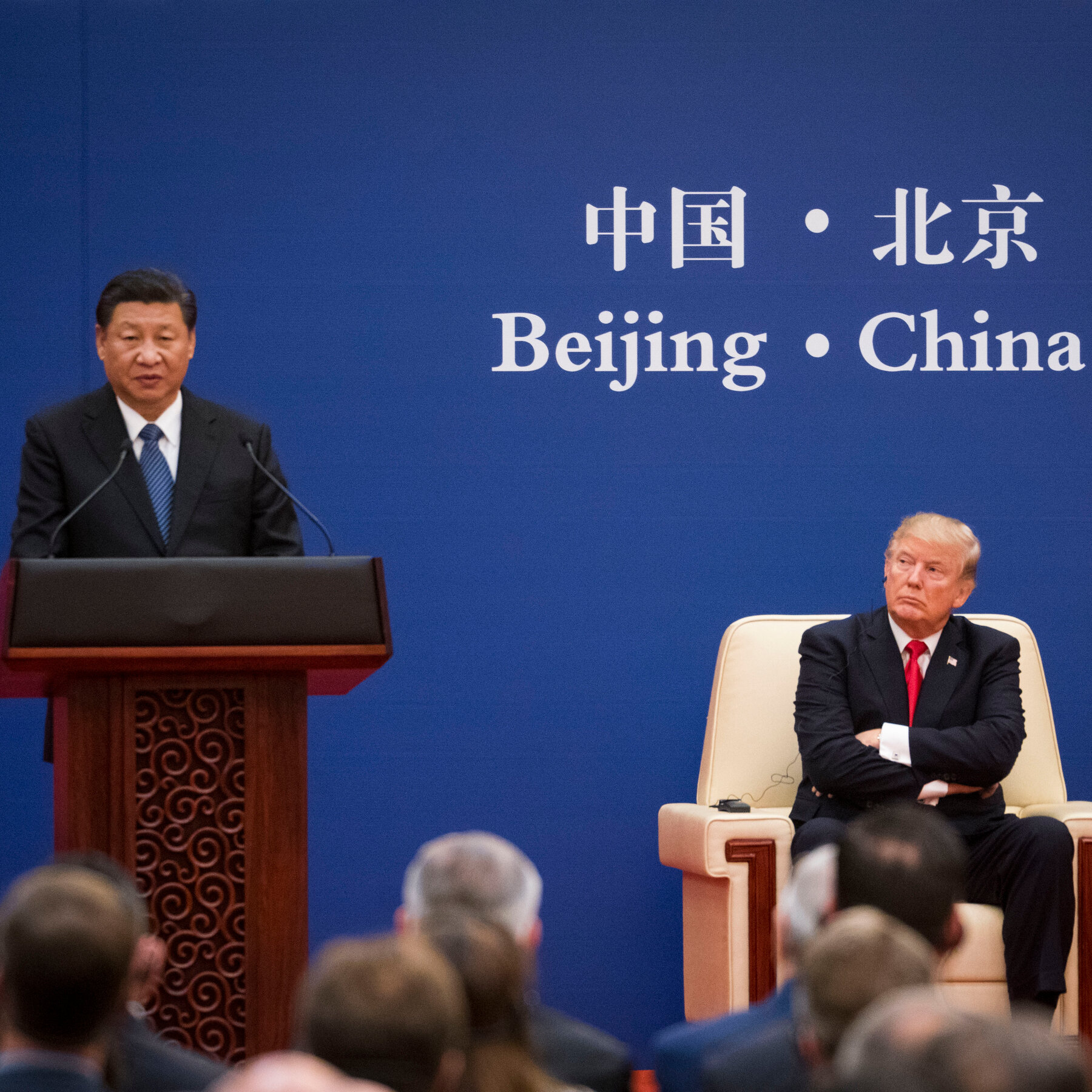Pasta at Twice the Price? U.S. Imposes Heavy Tariffs on Italian Producers
What sparked the tariffs?
More than a dozen Italian pasta manufacturers have been hit with anti‑dumping duties that exceed 100 %. The U.S. Department of Commerce alleges that these companies were selling their products in the American market at prices far below the cost of production, a practice known as dumping.
How the investigation unfolded
In early 2024, a coalition of U.S. grain and pasta distributors filed a petition claiming that imported Italian spaghetti, penne and other shapes were undercutting domestic producers. After a six‑month review, the Commerce Department concluded that the price discrepancies were “significant enough to warrant remedial action.”
Tariff details
The final anti‑dumping orders impose duties ranging from 102 % to 135 % on the affected brands. The rates are calculated on the import value of each shipment, effectively doubling the retail price of the targeted pasta in U.S. supermarkets.
Impact on Italian producers
Italian companies such as Barilla, De Cecco, and several smaller artisanal brands have voiced concern that the tariffs could cripple their foothold in the lucrative U.S. market. Giovanni Rossi, spokesperson for the Italian Pasta Association, warned that “the sudden cost increase will force retailers to pull these products off the shelves, hurting both producers and consumers who value authentic Italian pasta.”
Reactions from U.S. stakeholders
Domestic pasta makers welcomed the decision, arguing that the tariffs level the playing field and protect American jobs. John Miller, CEO of American Harvest Foods, said, “We’ve struggled for years to compete with imported pasta sold at artificially low prices. This action restores fairness to the market.”
Next steps and potential resolutions
The affected Italian firms have the right to request a review of the duties within 90 days. If they choose to appeal, the case could move to the U.S. International Trade Commission, potentially delaying enforcement for up to a year. Meanwhile, some producers are exploring alternative supply chains, including shifting production to facilities in the European Union that are not subject to the current tariffs.
What consumers can expect
For American shoppers, the immediate consequence will be higher shelf prices for popular Italian pasta brands. Retailers are likely to replace the affected items with domestically produced alternatives or with Italian brands that were not named in the anti‑dumping investigation.






